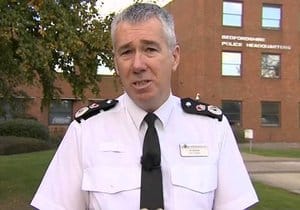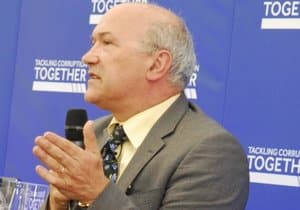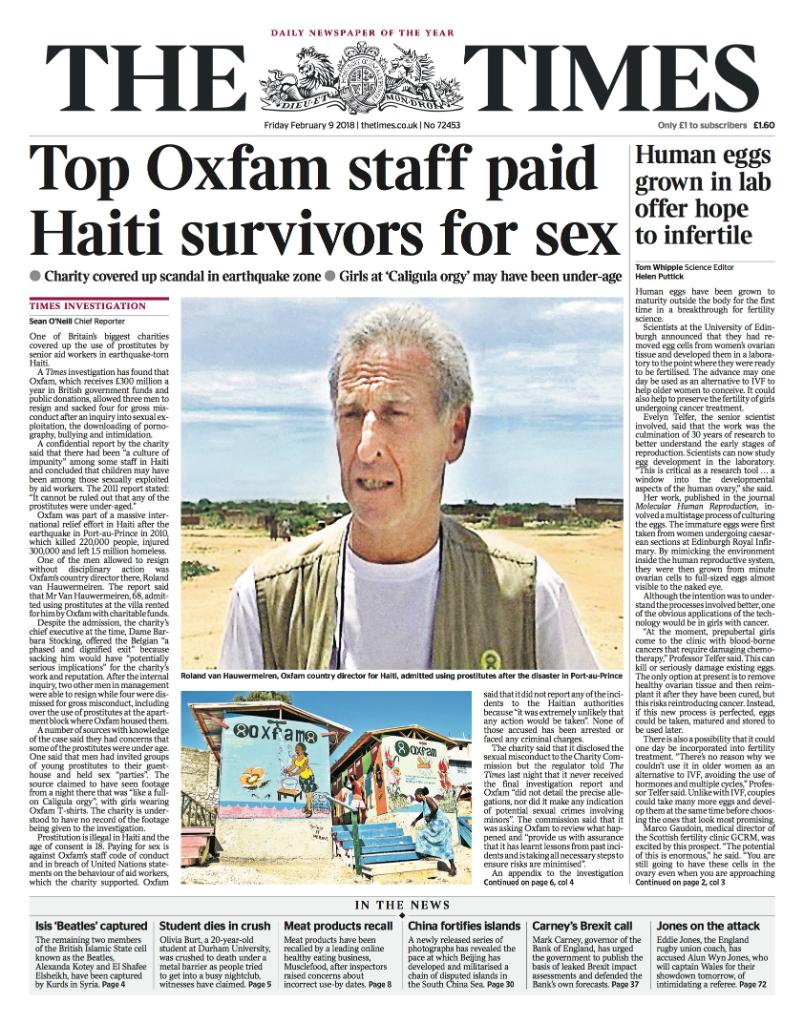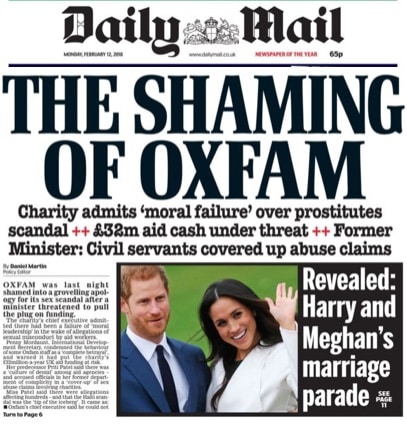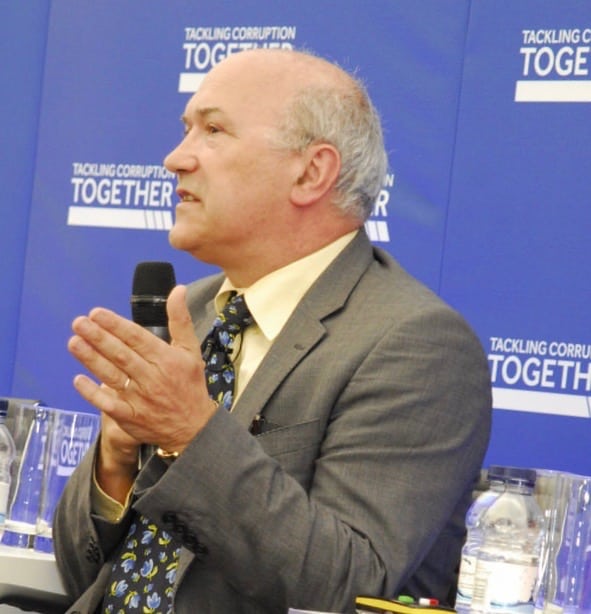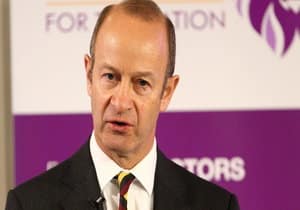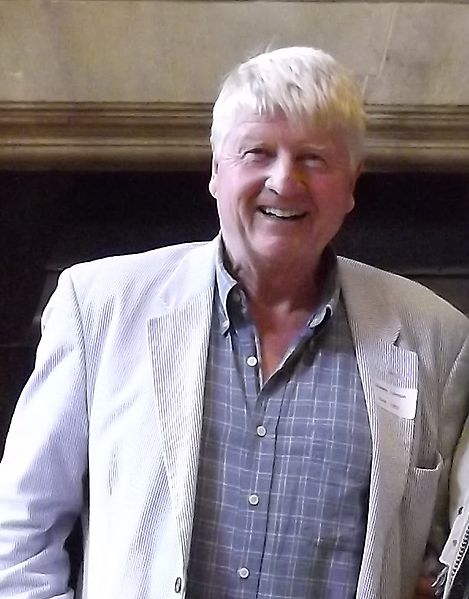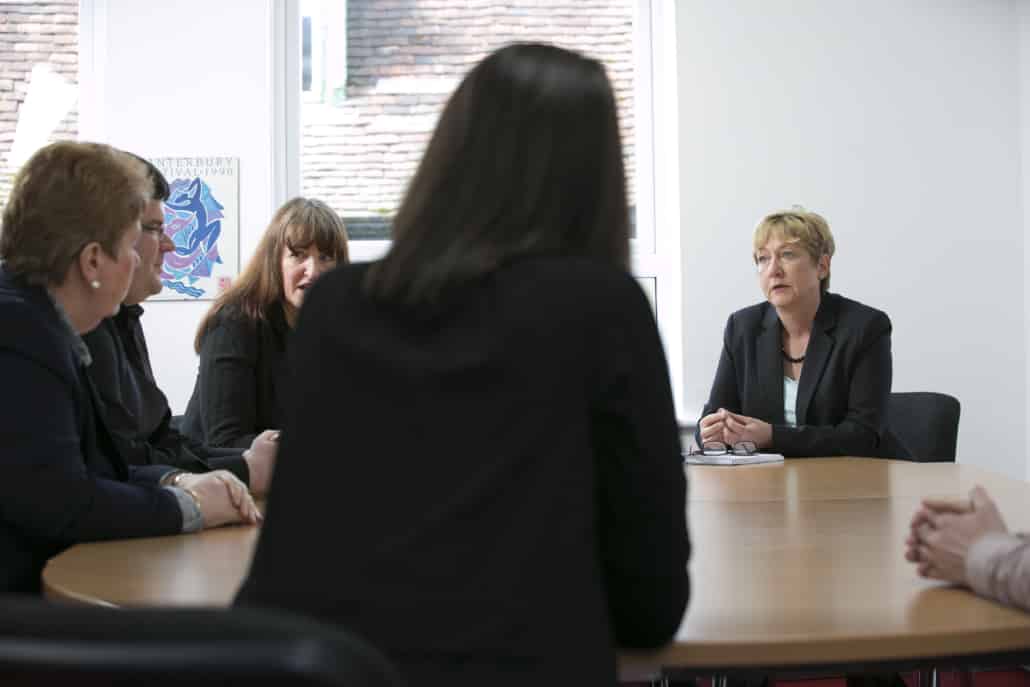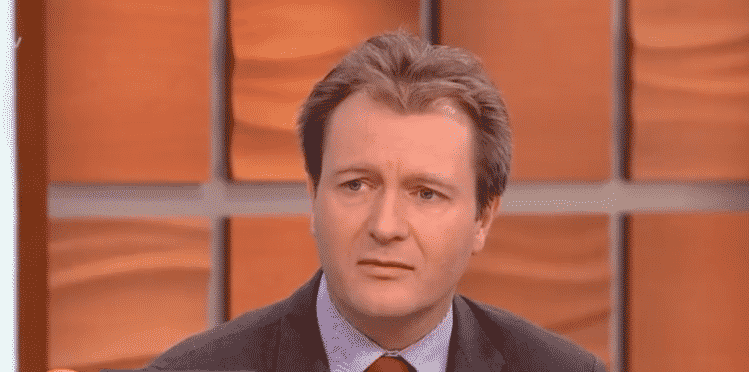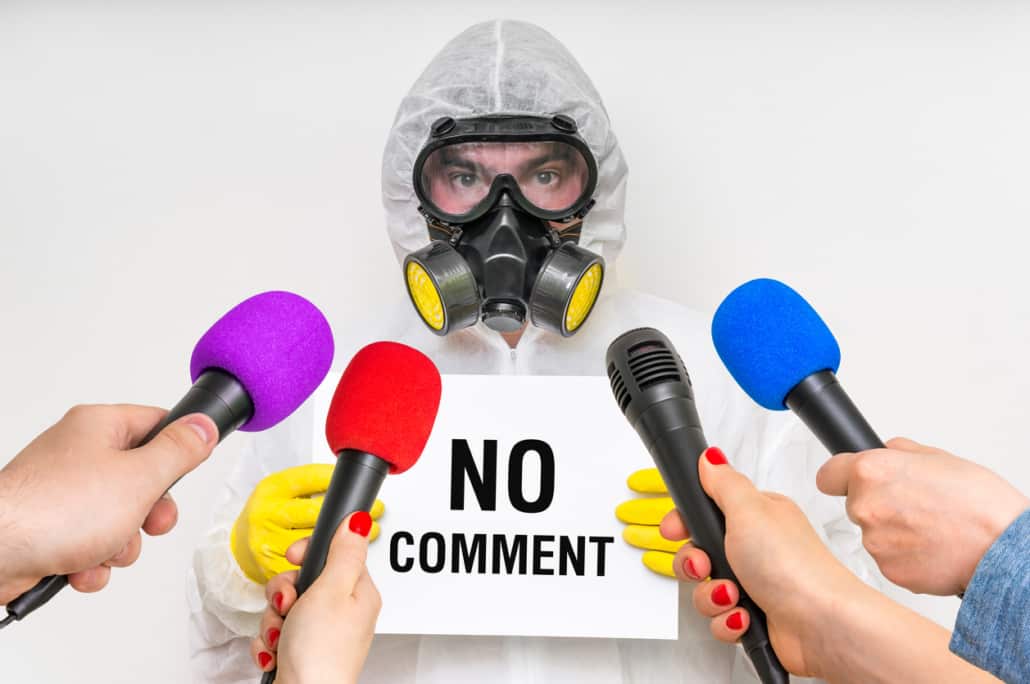Rail passenger communication in the dark ages
Rail passenger communication needs to be dragged into the 21st Century.
Stuck on a train, in the snow, trying to get to a training session on time or catch a flight must be among the most frustrating, the most stressful and the most unpleasant experiences of my life. And I had a number of those experiences last week.

Snow led to widespread chaos on the trains but the communications with staff and passengers was also chaotic and unreliable.
Rail passenger communication was sparse and mostly wrong
What made them a whole lot worse was the complete lack of reliable information from the train companies. It was absolutely clear that the station staff and the conductors and drivers on the trains were also simply not being told what was going on. Information that did come through was late, out of date or just wrong.
It is astonishing that a few inches of snow and temperatures just a few degrees below the norm can cause such total widespread chaos.
In this super-connected world people expect to be told what is happening
But even more astonishing that with all the technology we have today to stay connected, the train companies, in particular, are so bad at keeping front line staff and passengers up to date.
On several occasions, I heard station staff in high vis jackets standing on freezing platforms telling passengers “We’ve got no idea mate!” Before the widespread adoption of the telephone this would be understandable but in the super-connected 21st century it is not.
It wasn’t just the station staff in the dark and out in the cold. Drivers and conductors did not fare any better. Nicky Marcelin-Horne was a passenger stuck overnight after getting on the 17:35 from Waterloo to Poole. It came to a halt somewhere in the New Forest and most of the passengers did not get off until morning. Speaking to the Evening Standard she said:
“The guys on the train were trying to help and keep us informed but they didn’t really know what was happening.”
On my stuck train, the conductor was trawling websites from his personal phone to try and work out what was happening.
Again I am aghast. How can this be so? People on the stranded trains were tweeting and posting on Facebook. Mobile phones were working even if the comms technology on the train wasn’t. Surely someone from a control room should be telling staff what is happening.
For me, all this is a really visceral reminder of how crucial up-to-date, accurate information is to help people cope with unexpected and changing conditions. I made the wrong decisions about which train to get on (repeatedly), and whether to cancel a journey. With better information I would have made better decisions.
Crisis communications need planning and investment
It’s not the same as crisis communications via the media but there are a lot of parallels. Crises or disruption are always going to happen although the exact nature and the timing can never be known in advance. But, as we always say, an awful lot of things can be planned ahead of time. The problem is, it takes investment of time and money and it is human nature to put such investment to the bottom of the to-do list.
But, in both cases, when things do go badly wrong there are expensive enquiries, angry customers, huge loss of brand value and lots internal people saying ‘but we told you this could happen’.
Images from Twitter



